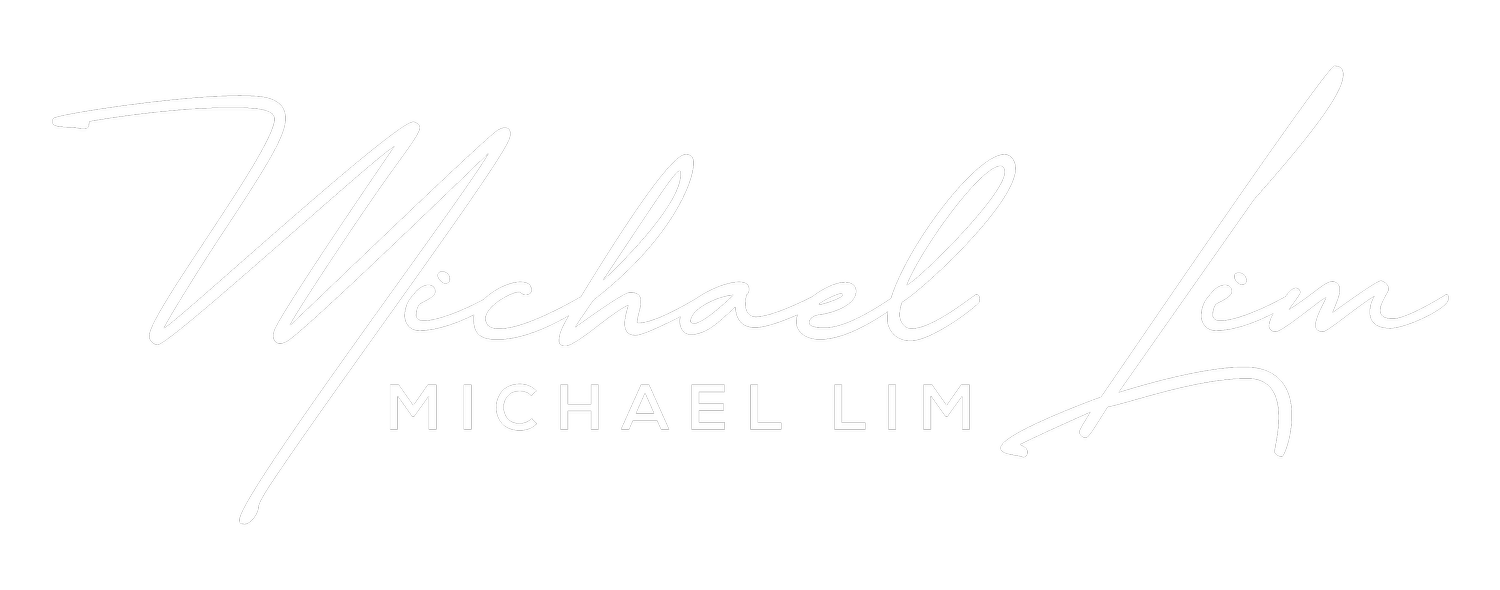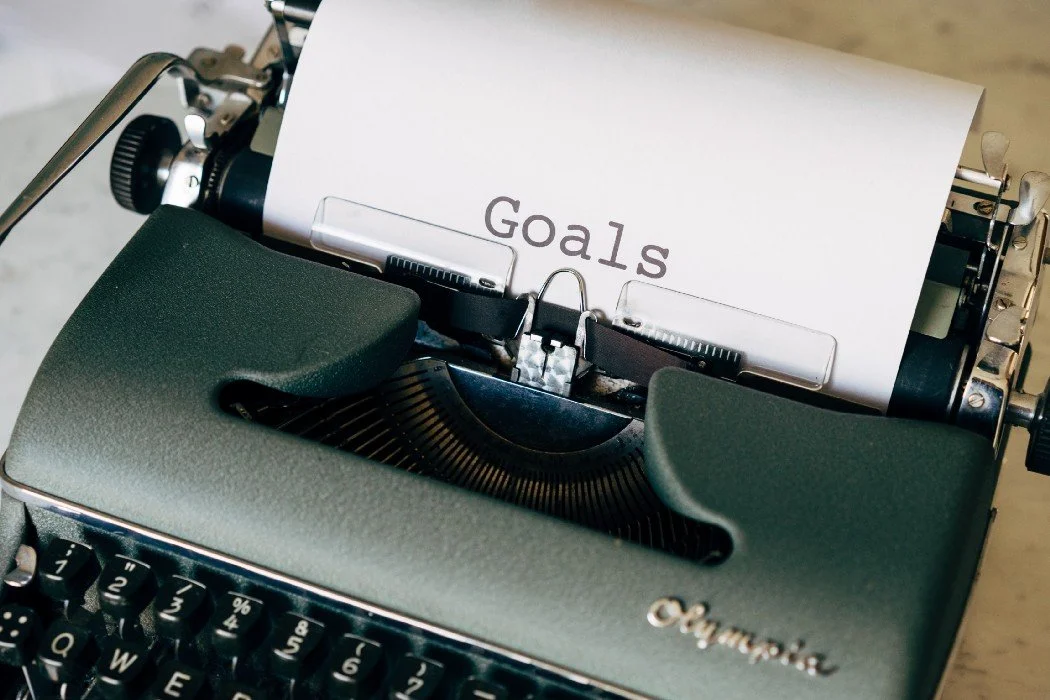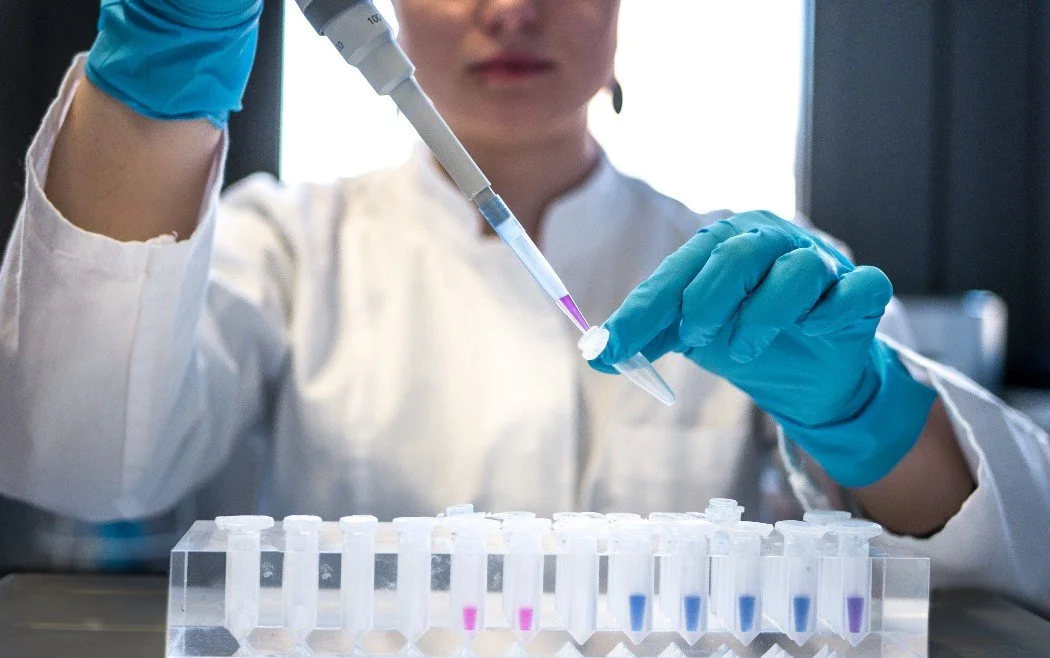The Most Effective Way To Achieve Your 2023 Goals I See Almost No One Using.
It isn’t through positive affirmations, habits or systems. It’s about conducting small experiments using the ‘SMARTER’ framework.
Photo by Markus Winkler on Unsplash
The self-development industry is a cesspool of fake gurus, bad advice and get-rich-quick schemes.
While the only way to achieve your goals is to do the hard work and delay gratification, unscrupulous individuals prey on your vulnerability and pain as a way to sell their course or product.
Creating systems, positive habits and checklists is a step in the right direction, but there’s one highly effective method that is rarely used by most people:
Conducting small experiments.
Through my years of my own self-development, I noticed that despite having similar goals and creating the same systems, I would achieve most of my goals whereas many of my friends wouldn’t.
I chalked it up to discipline but I was unknowingly exploiting this method while most of my friends were stuck.
Photo by Julia Koblitz on Unsplash
The Problem With Goals And The Power of Small Experiments
The #1 challenge with achieving your goals is delayed feedback.
When striving for change, it can be difficult to know whether you’re on the right track. And if you’ve set a big goal, the reward won’t come until the end of the year.
Small experiments help me reduce the time between action and feedback.
The feedback I get, whether positive or negative, provides momentum and the ability to iterate on my process. I am able to change course before I step too far in the wrong direction.
Many people might say you have to ‘trust the process’.
I disagree.
By conducting small experiments I can ‘test the process’ and validate whether this is a goal I actually want to achieve.
Here’s how.
Creating Your Own Experiments Using the ‘SMARTER’ Framework
I use the SMARTER framework for every small experiment I run.
Here’s the breakdown:
Specific. What question are you trying to solve? Make it as clear and testable as possible.
Measurable. How will you quantify whether you achieved this goal? You need a way to gather reliable data. Keep a journal, excel spreadsheet or use software to track your actions, behaviors, and reflections.
Actionable. How will you feasibly test this experiment? Find a low-cost method where you can execute this goal. Get gritty and resourceful.
Realistic. What are the systems and processes you need in order to execute this experiment? How can you automate parts of the system or simplify processes? Make it as easy as possible.
Time-bound. How long will you run this experiment? Set a time frame no longer than 3 months. The ideal timeframe is 30 days or less.
Expected benefits: What’s the best thing that could happen? Could you enhance the benefits any further? Are the returns linear or exponential?
Risk: What‘s the worse thing that could happen? Could you mitigate these factors? Are the risks limited or unlimited? The best risks are those that only take a bit of your time and money.
Here’s an example I used to start creating content on LinkedIn:
Specific. How can I build my personal brand by posting regular content on LinkedIn?
Measurable. I will gather data from engagement rates, interactions, personal reflection, and feedback from people in my circle.
Actionable. I will post 5x per week on LinkedIn using only text and pictures that document my work and achievements.
Realistic. I will create the systems and processes to ensure I can consistently post 5x per week. This includes scheduling apps, time to create content, and resources to learn.
Time-bound. I will do this for 30 days.
Expected benefits: I will attract speaking opportunities, network with cool and interesting people and become a magnet for board roles.
Risk: I won’t post anything controversial (politics, race, religion, other people, etc). I won’t talk poorly about any person or past employers. All my stories will be positive and document my career journey and highlights.
Using this framework, you can design and execute an experiment within an hour.
This process won’t take long and the more you do it, the easier it gets.
Now it’s your turn.
10 Small Experiments You Can Take in 2023
Ever since I discovered the power of small experiments, I am constantly finding new ways to test my goals.
Here are some experiments I’ve used before.
Create content online. Each piece of content you create provides data for the opportunities you want to attract. Start a blog, podcast or YouTube channel on what interests you.
Consume content online. No mindless scrolling. Follow the best in the field. You can learn so much through listening to podcasts, watching YouTube videos and reading a few blog posts.
Hire a coach or expert in the field. Pay for advice from someone who has achieved what you want to achieve. They can reduce your ignorance debt and give you a clear way forward.
Invest in a domain and create a landing page. Before you invest thousands of dollars in building your app or software, invest in a domain name and create a simple landing page to gather interest and pre-orders.
Take an online course on Skillshare or Udemy. Before enrolling in an expensive course at a university, take a free or low-cost online course. There are people on YouTube who upload hours and hours of content you can consume for free.
Read books on your passion topic. You can become an expert by reading 2–3 books on a specific topic. Sell your new knowledge via consulting or coaching.
Visualization. Sounds odd. But it amazes me how little people actually think about their goals. Understand what sacrifices you’ll have to make. Fantasize about what your life might look like if you achieved them.
Make a daily vlog. You don’t have to post the content anywhere. But documenting your life and then watching it back at a later date can be so rewarding.
Journal every morning. A consistent writing routine will help improve your verbal and written communication. It’s also a cheap form of therapy.
Track every dollar you spend. There are great apps or spreadsheets you can buy that logs everything you purchase. You might be surprised by how much money you waste.
__________________
If you enjoyed this article, you can connect with me HERE.
You can also support more of my work by becoming a Medium Member using my referral link: michael-lim.medium.com


